Speakers
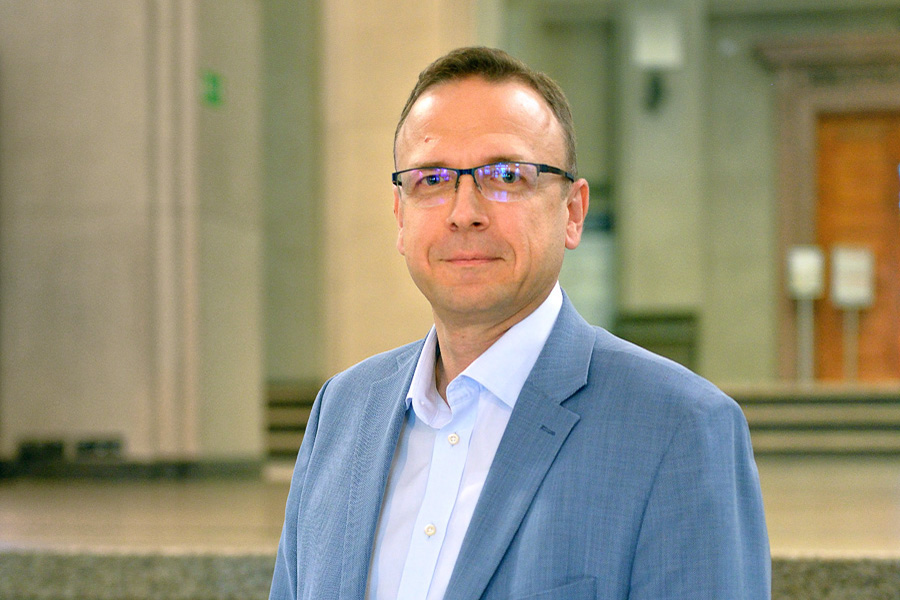
Prof. Dr hab. inż. Adam Szymkiewicz
Gdansk University of Technology, Polland
Prof. Dr. hab. inż. Adam Szymkiewicz is a leading expert in hydrology, water resources, and groundwater recharge dynamics, with a specialized focus on unsaturated flow. His extensive experience in groundwater management, climate impact on aquifers, and the hydrological modeling of coastal and deltaic environments aligns him closely with the conference theme. Prof. Szymkiewicz’s numerous research projects, including the recent AQUIGROW initiative aimed at enhancing aquifer resilience under drought conditions and his role in developing sustainable aquifer recharge methods, demonstrate his commitment to strengthening water resource management in the face of climate change. His contributions to the Groundwater Salinization and Leaching Assessment Tool underscore his expertise in addressing coastal challenges like salinity intrusion and groundwater vulnerability, which are critical for adaptive management in coastal regions.
His recent publications on topics like the impact of climate change on groundwater recharge and the movement of contaminants through the vadose zone highlight his deep understanding of the environmental pressures on groundwater systems. With his leadership in the Department of Geotechnical and Hydraulic Engineering at Gdansk University of Technology, Prof. Szymkiewicz offers invaluable insights into building climate-resilient water infrastructure and adaptive solutions to protect water resources in vulnerable areas.
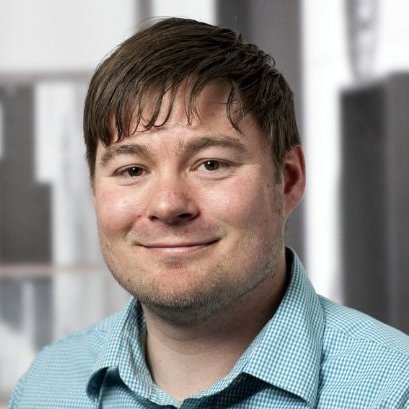
Theis Raaschou Andersen, Ph.D
VIA University College: Aarhus, Midtjylland, DK
Dr. Theis Raaschou Andersen brings substantial expertise as the Director of Research and Development at VIA University College, specializing in sustainable technology and industry research, which aligns closely with the theme. His role oversees three vital research centers focusing on the built environment, water technology, climate adaptation, and circularity, positioning him as an influential figure in environmental sustainability and climate resilience research.
With over a decade of experience at VIA University College, Dr. Andersen has led teams in developing climate adaptation solutions, hydrogeological models, and sustainable urban drainage systems (SUDS). His background in geology, paired with practical experience in groundwater and environmental protection, enables him to address the unique challenges faced by coastal and delta regions adapting to climate change. His publications, such as studies on ocean rise effects on groundwater and nature-based solutions for urban water management, underscore his commitment to advancing knowledge on resilience and sustainable infrastructure.
Additionally, Dr. Andersen serves on national climate adaptation networks, further amplifying his role in shaping policies and practices for resilient urban planning. His contributions to climate adaptation research, including full-scale demonstrations of multifunctional roads that prevent flooding and produce green energy, reflect his practical, data-driven approach to climate resilience, making him a distinguished and highly relevant speaker for this conference.
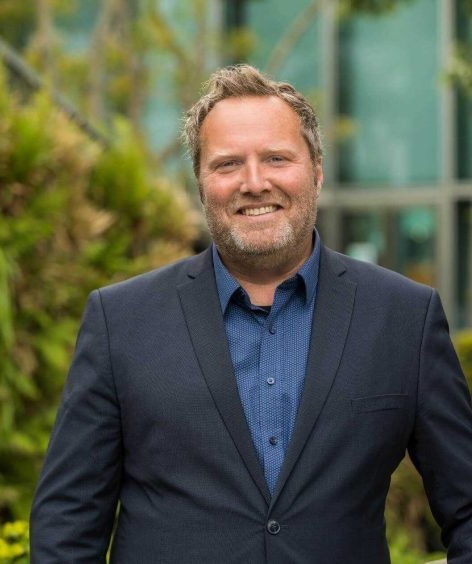
Prof. Floris Boogaard
Hanze University of Applied Sciences, The Netherlands
Prof. Floris Boogaard, a seasoned researcher and senior consultant in urban drainage and water management at Hanze University of Applied Sciences and Deltares, brings exceptional expertise in nature-based solutions for urban resilience against climate change. His work aligns seamlessly with the conference theme, as he focuses on optimizing urban stormwater management solutions, such as rain gardens and sustainable drainage systems (SUDS), to enhance city resilience.
With over two decades of experience, Prof. Boogaard’s leadership in urban water management encompasses innovative stormwater solutions, flood risk reduction, and ecosystem-based designs that support climate-adaptive urban infrastructure. His projects with the Global Center on Adaptation and his co-founding of INDYMO showcase his commitment to advancing practical, sustainable water solutions through technology and data-driven approaches. His research publications, including studies on floating solar panels, urban flooding management, and stormwater quality assessment, reflect his dedication to enhancing environmental sustainability and adaptive urban spaces.
Through his applied research and advisory roles, Prof. Boogaard offers valuable insights into designing and implementing climate-resilient water systems. His work directly supports the conference’s mission by promoting sustainable, scalable approaches to urban water management that safeguard vulnerable coastal and delta communities from the impacts of climate change.
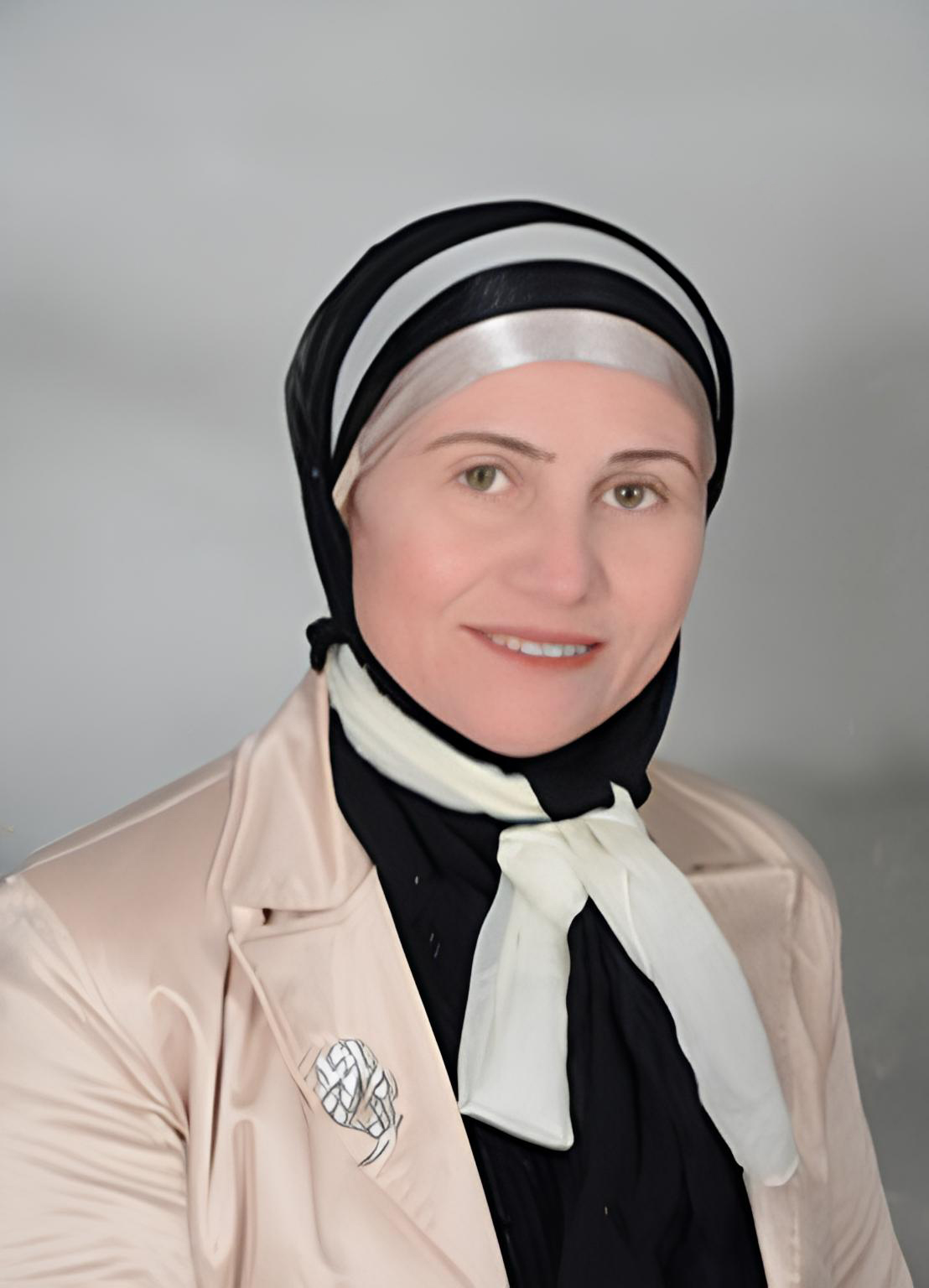
Prof. Houda Hakim Guermazi
Manouba University, Tunisia
Prof Houda is from Manouba University Tunisia. Manouba University is a public university in Manouba, Tunisia. Her concern is in management and digitalization (Computer sciences).
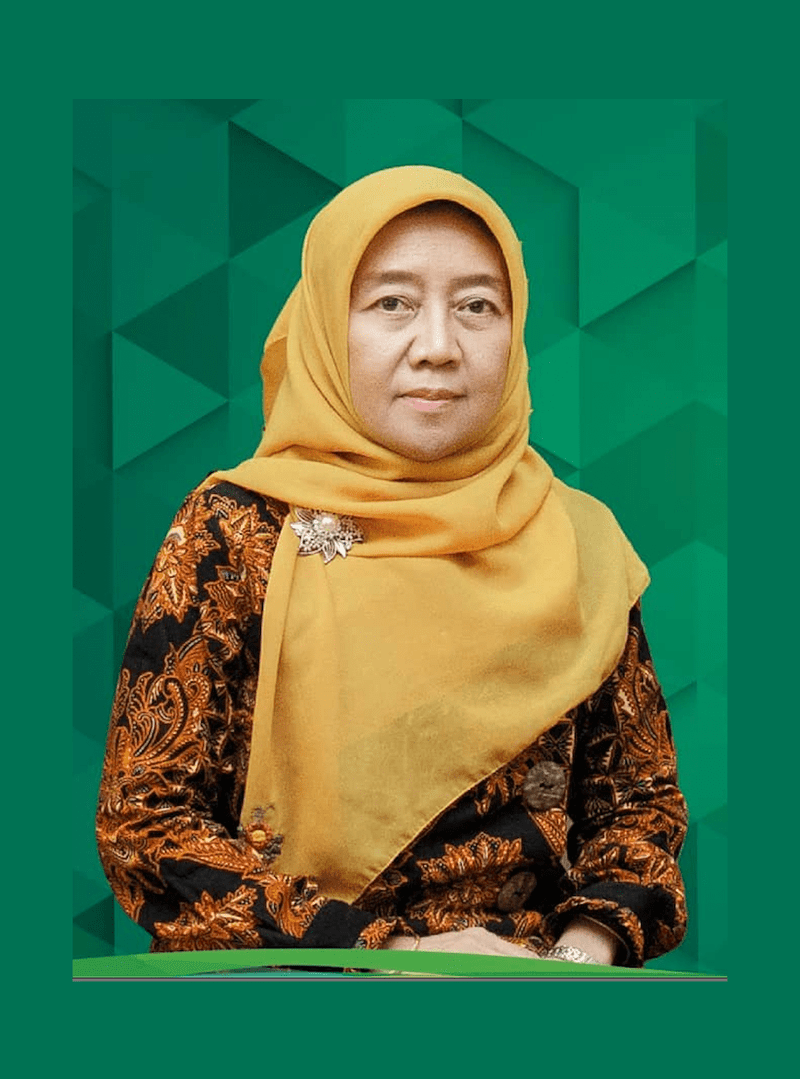
Prof. Dr. Ir. Sri Arttini Dwi Prasetyowati M.Si
Universitas Islam Sultan Agung, Indonesia
Prof. Dr. Ir. Sri Arttini D.P., M.Si., from Universitas Islam Sultan Agung Semarang, Indonesia, is a distinguished expert in autonomous vehicle systems, control systems, and digital image processing. Her expertise in advanced technologies and adaptive control systems brings a unique perspective to the conference theme.
Prof. Sri Arttini’s research on control algorithms and sensor systems for autonomous vehicles, including neural networks and fuzzy logic, reflects her dedication to developing intelligent systems that support precision and resilience in dynamic environments. Her work on GPS-RFID localization and adaptive noise-canceling algorithms demonstrates her capability to address challenges in environmental monitoring and data reliability—essential components in managing climate risks in coastal and delta regions.
With her strong background in applying digital and sensor-based solutions for real-time adjustments and environmental data processing, Prof. Sri Arttini offers valuable insights into building adaptive infrastructures. Her expertise is highly relevant to enhancing sustainable urban mobility, optimizing environmental monitoring, and implementing resilient infrastructure solutions, making her a vital contributor to the conference’s mission of climate adaptation and resilience.
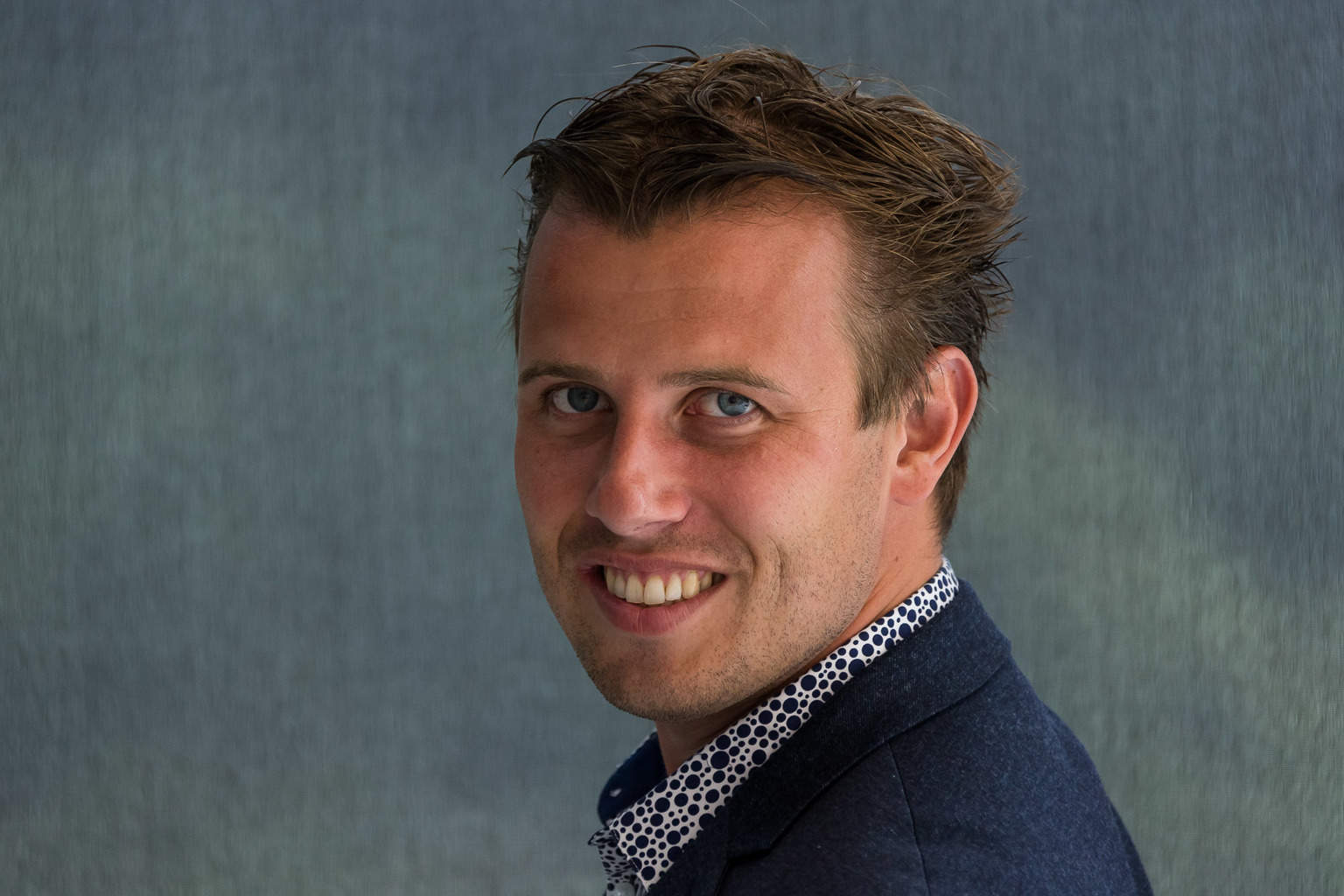
Johan Oost
Water Footprint Implementation & Wetskills, The Netherlands
Johan’s background is water and flood risk management, combined with expertise at water education and capacity building in the water sector. He studied Water Engineering & Management at the Twente University and he did a minor about sustainable development in a north-south perspective, partly at the Wuhan University in China. After working at the Dutch consultants HKV and DHV, Johan is involved capacity development and young talent projects in the global water sector. He worked at the World Water Academy (capacity development & training) and Netherlands Water Partnership (advisor and facilitator for cooperation between The Dutch water sector and countries as Romania and South Africa). He is still managing director of the Wetskills Foundation. Besides in The Netherlands, he worked in many countries worldwide as South Africa, Romania, Oman, India, China, South Korea, various Arab countries in the MENA region (like Palestine, Jordan, Egypt), Indonesia, Lesotho, Canada and United States.
Passion for his work is expressed when Johan works at water challenges worldwide to come to tailored solutions in cooperation with other people. “Water challenges are mainly technical solutions that must be in harmony with the cultural historic and social economic context. Wetskills is a perfect example; the mixed teams of international participants come to concrete and out-of-the-box concepts with should be tailored on a specific area. Teambuilding is essential to come to a gowidespreadod results and it generates a lot of enthusiasm and energy”.
